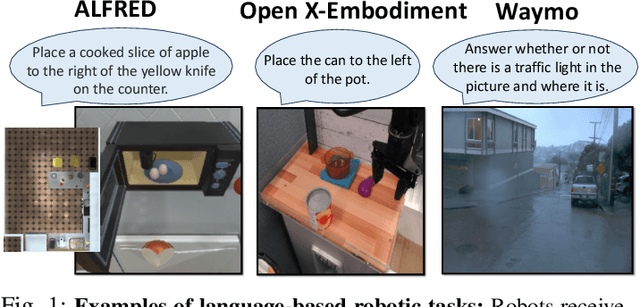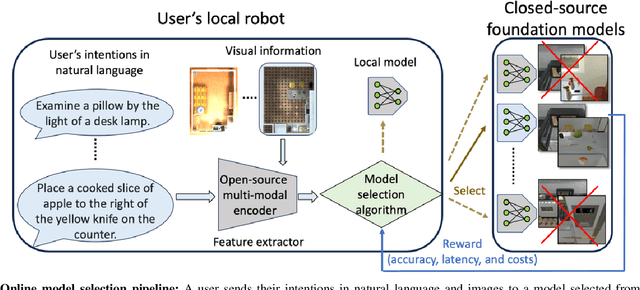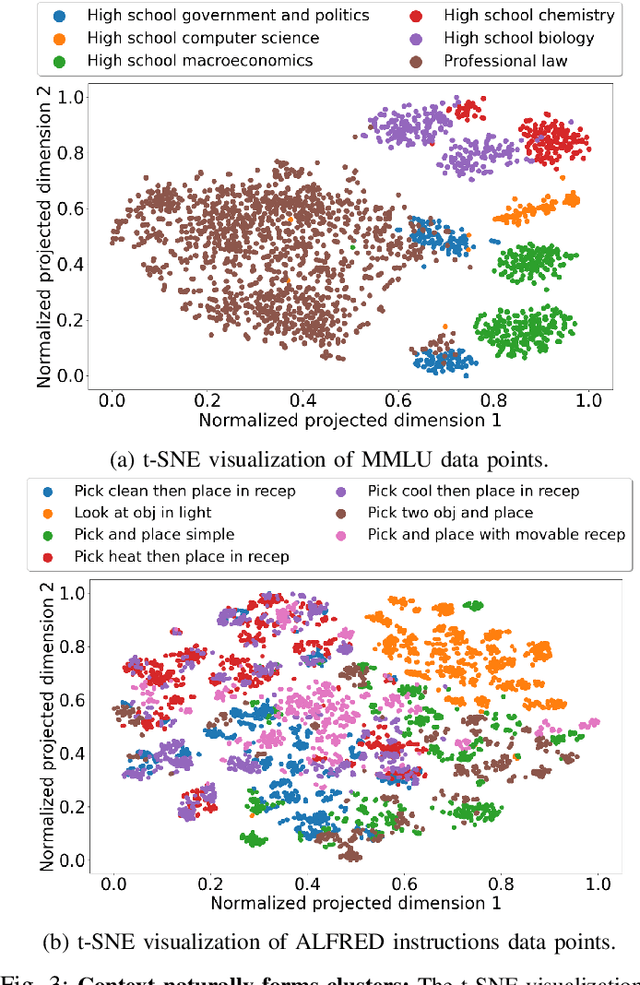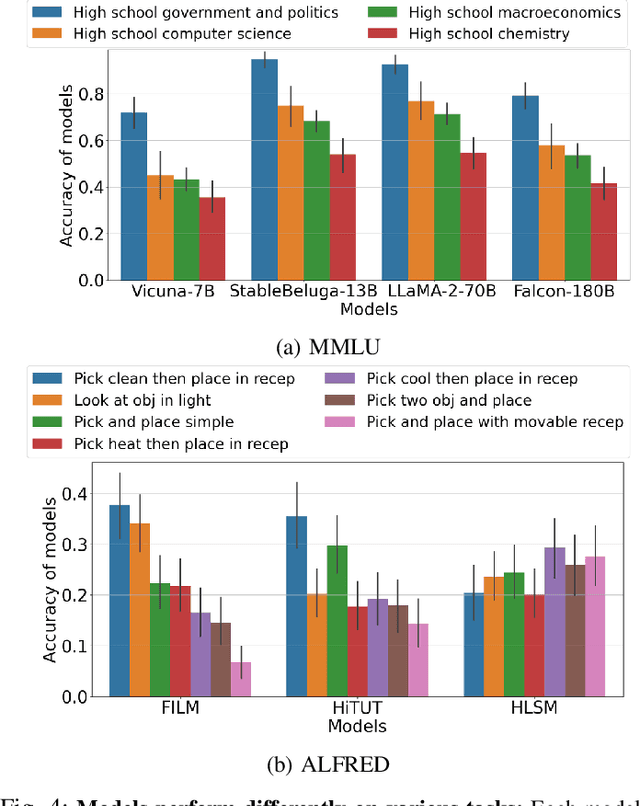Oyku Selin Toprak
Online Foundation Model Selection in Robotics
Feb 13, 2024



Abstract:Foundation models have recently expanded into robotics after excelling in computer vision and natural language processing. The models are accessible in two ways: open-source or paid, closed-source options. Users with access to both face a problem when deciding between effective yet costly closed-source models and free but less powerful open-source alternatives. We call it the model selection problem. Existing supervised-learning methods are impractical due to the high cost of collecting extensive training data from closed-source models. Hence, we focus on the online learning setting where algorithms learn while collecting data, eliminating the need for large pre-collected datasets. We thus formulate a user-centric online model selection problem and propose a novel solution that combines an open-source encoder to output context and an online learning algorithm that processes this context. The encoder distills vast data distributions into low-dimensional features, i.e., the context, without additional training. The online learning algorithm aims to maximize a composite reward that includes model performance, execution time, and costs based on the context extracted from the data. It results in an improved trade-off between selecting open-source and closed-source models compared to non-contextual methods, as validated by our theoretical analysis. Experiments across language-based robotic tasks such as Waymo Open Dataset, ALFRED, and Open X-Embodiment demonstrate real-world applications of the solution. The results show that the solution significantly improves the task success rate by up to 14%.
 Add to Chrome
Add to Chrome Add to Firefox
Add to Firefox Add to Edge
Add to Edge